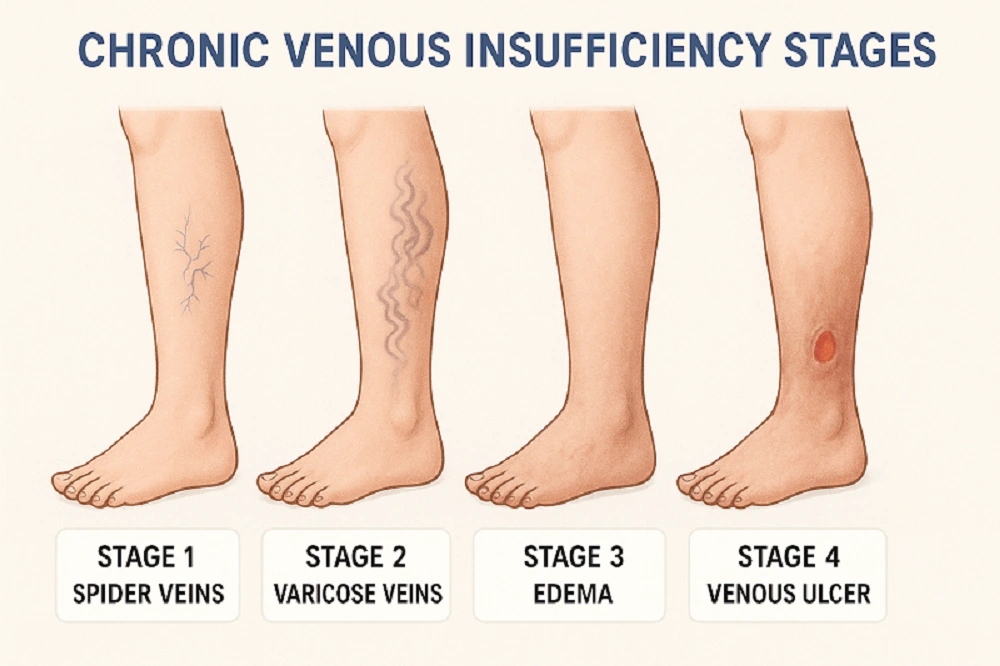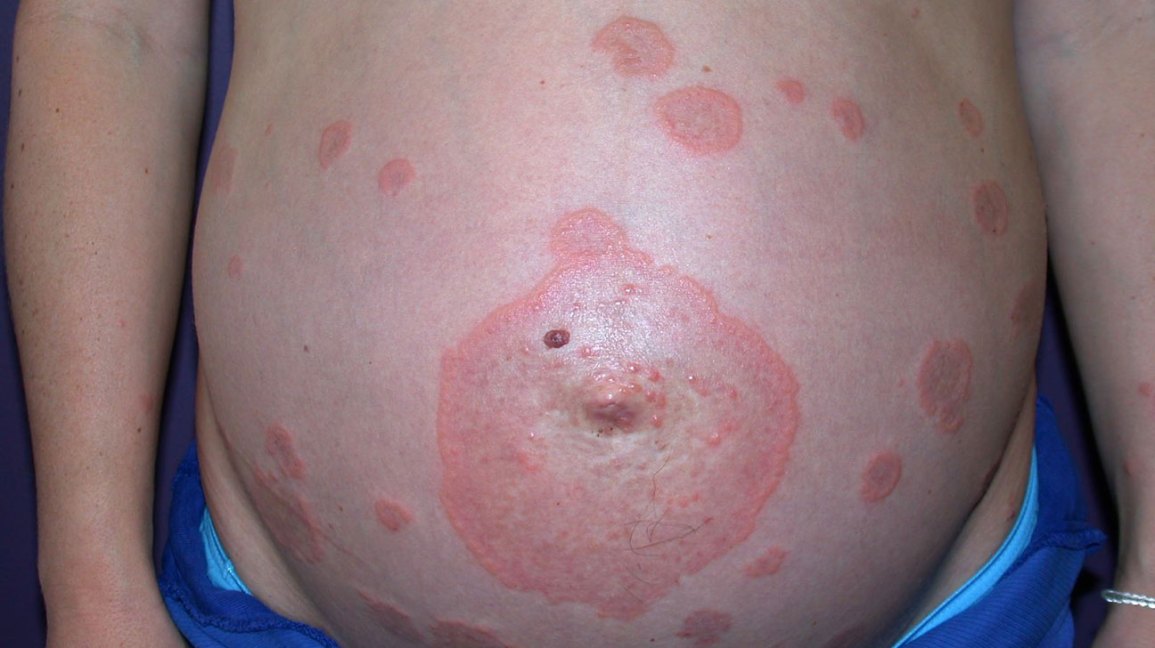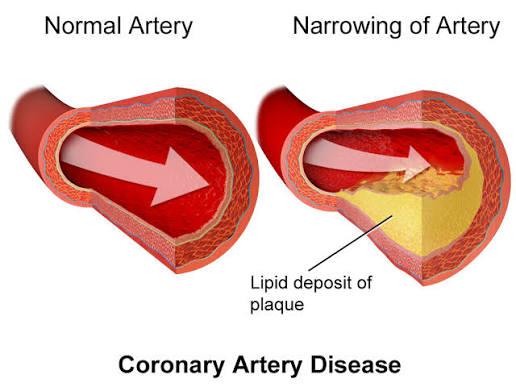
- A) High-protein foods
- B) Excessive sun exposure ✓
- C) Regular exercise
- D) Drinking water
Isotretinoin is a powerful medication primarily used to treat severe acne that has not responded to other treatments. While it can be highly effective, it also comes with a range of potential side effects and precautions that patients must adhere to in order to minimize risks and enhance the effectiveness of the treatment.
1. Understanding Isotretinoin: Isotretinoin works by reducing the size and output of sebaceous (oil) glands in the skin, leading to decreased oil production and reduced acne formation. However, due to its potency, isotretinoin can cause significant changes in the body, necessitating careful monitoring and lifestyle adjustments.
2. Risks Associated with Isotretinoin: Patients taking isotretinoin are at an increased risk for several side effects, including dry skin, chapped lips, dry eyes, and increased sensitivity to sunlight. This heightened sensitivity is particularly important because excessive sun exposure can lead to severe sunburns or skin damage.
Patients should limit their time in direct sunlight and use broad-spectrum sunscreen with a high SPF when outdoors. This is crucial as isotretinoin can make the skin more susceptible to UV radiation damage.
Based on this analysis, the most critical advice for patients taking isotretinoin is to avoid excessive sun exposure due to the increased risk of skin damage from UV rays while on this medication.







